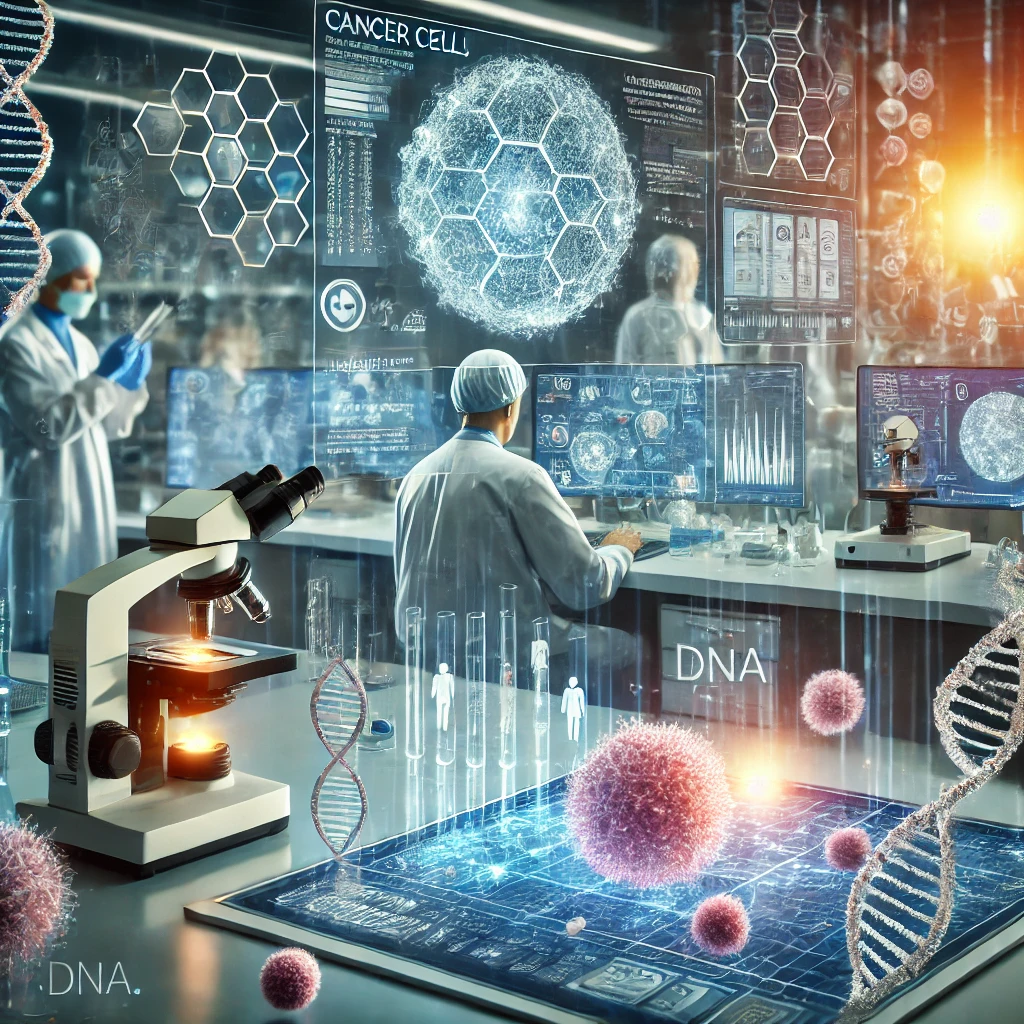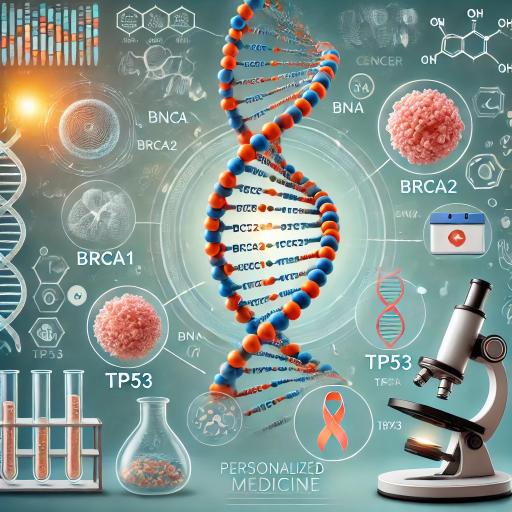
Innovations in Cancer Research: Exploring the ..
Nov 19 - 2024

By Dr. Julie Pratibha Singh, Scientific Advisor, Health29
Introduction
Cancer is a multifaceted disease characterized by the uncontrolled growth of cells. While environmental factors and lifestyle choices play significant roles in cancer development, genetics also have a profound impact. Understanding the genetic pathways involved in cancer can pave the way for more effective treatments and personalized medicine.
The Role of Genetics in Cancer
Genes are segments of DNA that serve as blueprints for building proteins, which perform various functions in the body. Mutations or changes in these genes can disrupt normal cellular functions and lead to cancer. There are two primary types of genetic mutations associated with cancer: inherited mutations and acquired mutations.
Key Genetic Pathways Involved in Cancer
BRCA1 and BRCA2
BRCA1 and BRCA2 are tumor suppressor genes. Mutations in these genes are strongly linked to an increased risk of breast and ovarian cancers. These genes normally help repair damaged DNA, ensuring the stability of a cell's genetic material. When BRCA1 or BRCA2 is mutated, DNA damage may not be properly repaired, leading to cancer development.
TP53
TP53, also known as p53, is another critical tumor suppressor gene. Often called the "guardian of the genome," TP53 plays a crucial role in preventing cancer formation. It regulates the cell cycle and can trigger apoptosis (programmed cell death) if it detects DNA damage. Mutations in TP53 are found in a wide variety of cancers and are associated with poor prognosis.
Oncogenes
Unlike tumor suppressor genes, which prevent cancer, oncogenes can promote cancer when mutated or expressed at high levels. An example of an oncogene is HER2 (human epidermal growth factor receptor 2), which is implicated in certain breast cancers. Targeted therapies, such as
trastuzumab (Herceptin), have been developed to specifically inhibit HER2-positive cancers.
Genetic Testing and Cancer
Genetic testing can identify mutations associated with an increased risk of cancer, providing valuable information for:
Advances in Cancer Genomics
Recent advancements in cancer genomics have revolutionized our understanding of the genetic landscape of cancer. Next-generation sequencing (NGS) technologies enable comprehensive analysis of cancer genomes, identifying numerous mutations and potential therapeutic targets. This has led to the development of precision medicine, where treatments are tailored to the specific genetic abnormalities of a patient's cancer.
Precision Medicine: The Future of Cancer Treatment
Precision medicine involves customizing healthcare, with medical decisions and treatments tailored to the individual patient. By understanding the genetic underpinnings of a patient's cancer, treatments can be more effectively targeted, improving efficacy and reducing side effects. This approach represents a significant shift from the traditional one-size-fits-all model of cancer treatment.
Conclusion
The study of genetic pathways in cancer, from BRCA1 to TP53 and beyond, is crucial for the advancement of cancer treatment and prevention. By harnessing the power of genetic information, we can move towards more personalized and effective cancer care. At Health 29, we are committed to staying at the forefront of these advancements, providing our patients with the best possible care based on the latest scientific research.
Stay informed about the latest developments in cancer genetics and how they can impact your health. If you have a family history of cancer or are concerned about your genetic risk, consider speaking with a genetic counselor or healthcare provider.
For more information and personalized advice, contact Health 29 today. Our team of experts is here to guide you through every step of your cancer care journey.
Email us support@health29.in,
Copyright © 2022-24 Health29. All Rights Reserved. Design & Developed By : Innovative Solution Technologies | ISOLS Group